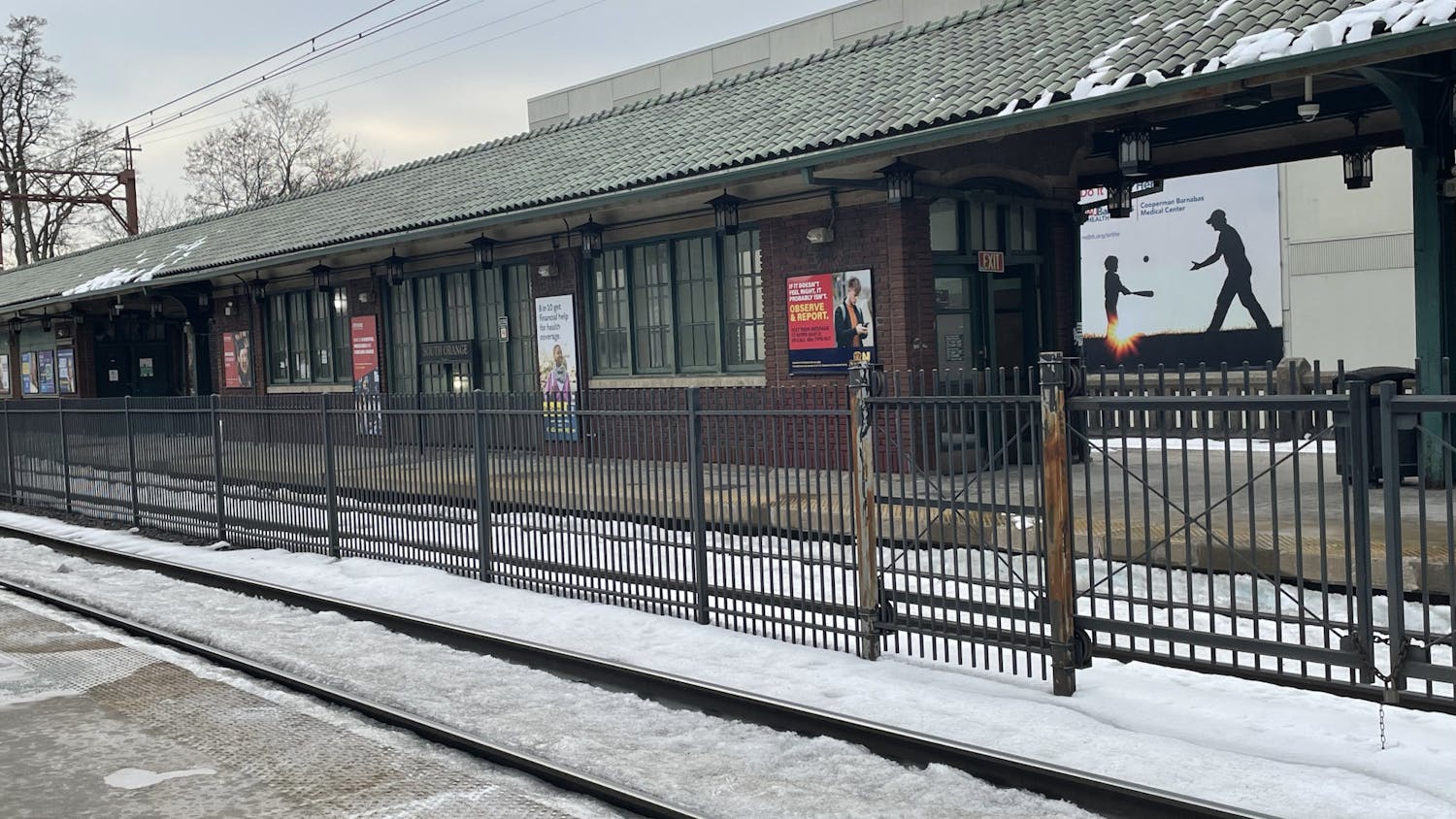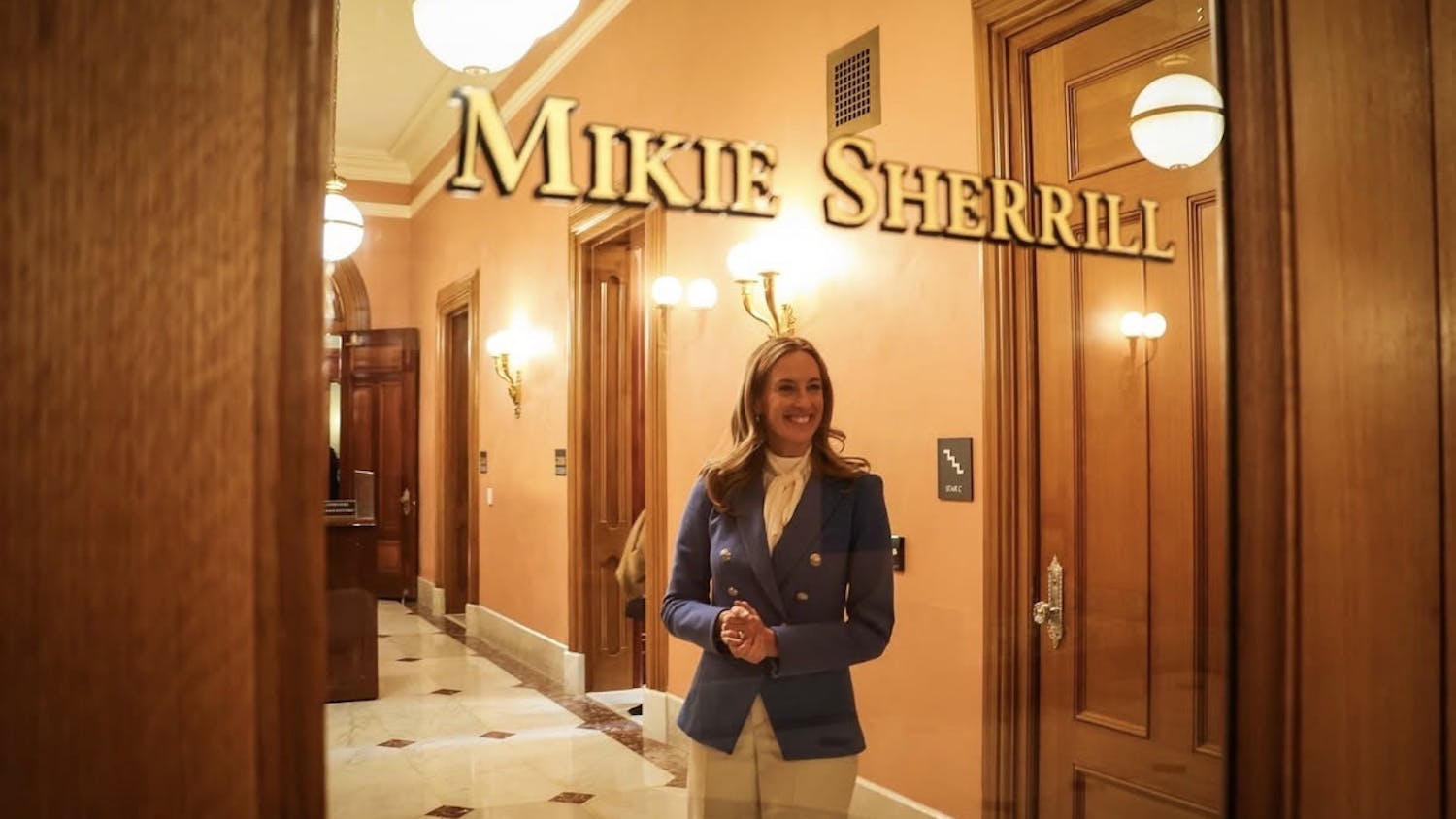The Village Liaisons Off-Campus Services Committee hosted South Orange Village President Doug Newman and Police Chief James Chelel Wednesday night in order to shed light on Township of South Orange Village Ordinance #09-18, better known as the "Animal House" Ordinance.
The presentation by the Village Liaisons and forum with Newman and Chelel sought to focus on the benefits of the ordinance rather than the small "animal house" section near the legislation's end.
"(The ordinance) does not target just students," Village Liaisons Off-Campus Services Committee Chairman Kelsey Coolidge said. "It effects students both in positive and negative ways."
While the negative impacts have been well publicized, such as the two-strikes-you're-evicted rule, the benefits of the ordinance were overlooked, and the result has been, as The Setonian has reported in the past, students feel like they are being unfairly targeted by the community.
The general feeling of the students assembled at last night's forum was similar. The students asked Chelel and Newman many questions about why they seemed to be targeted by the ordinance.
Newman reiterated what the Village Liaisons pointed out in their presentation, that the vast majority of the law focuses on the responsibilities of landlords and is aimed at ensuring that tenets, students and non-students alike, have safe and habitable place to live.
"There has been a growing phenomena of homeowners converting homes into apartments," Newman said.
The conversions aren't always done legally, Newman said, citing the fact that many times the new rental homes violate zoning and were not properly inspected for facilities, among other problems.
The new law requires landlords to register their properties with the Village, procure a Certificate of Habitability and seek licensing as a landlord.
The registration of properties and obtaining of a COH requirements exist to protect tenets by ensuring that the rental facilities are in line with Village health and safety codes, zoning and other regulations.
Another challenge Newman said the ordinance seeks to address are the non-professional landlords, those who are not affiliated with larger rental corporation or apartment complex, who do not have a superintendent or agent on site to address any issues with the building.
"We need to hold rental owners responsible," Newman said, adding that there needs to be a way for tenets to resolve problems that effect the living conditions of the rental units, such as lack of heat, water or electricity, among other utilities or amenities.
Additionally, Newman pointed out that a newly converted single-family home turned rental unit surrounded by single-family homes poses challenges to the neighborhood as each of the renters have their own groups of friends, often with their own cars and their own hours.
"I think its workable, and that it is not the end of the world," Newman said about tenets in a single-family neighborhood. "It may not be ideal, but it's definitely workable."
Senior Andrew Trzaska wanted to know how South Orange's ordinance compares to other municipalities across the state. According to Newman, South Orange was behind because many municipalities require the licensing of landlords.
While Newman could not provide specific knowledge of how South Orange's ordinance compares to laws in other municipalities with specific regard to quality of life violations, he pointed out that a state law affecting seaside communities from Longbranch to Cape May place strict regulations on landlords who operate beachfront rental units.
Village Liaisons also provided suggestions on how students can befriend their neighbors in hope of decreasing the chance of having the police called on them.
Suggestions include opening lines of communication by introducing yourself, informing them of parties, and providing a phone number they can call and try to work things out if a problem arises.
When some students said they feel as though they are being unfairly targeted or watched by officers, Chelel said students can file complaints against officers at the South Orange Police Department.
For students who feel as though their neighbors are using the new ordinance to harass them, Chelel recommended students reach out to Adam Loehner, Seton Hall's director of Community Relations or Sarah Clifford, assistant dean of Students for Leadership & Development.
Brenden Higashi can be reached at brenden.higashi@student.shu.edu.





